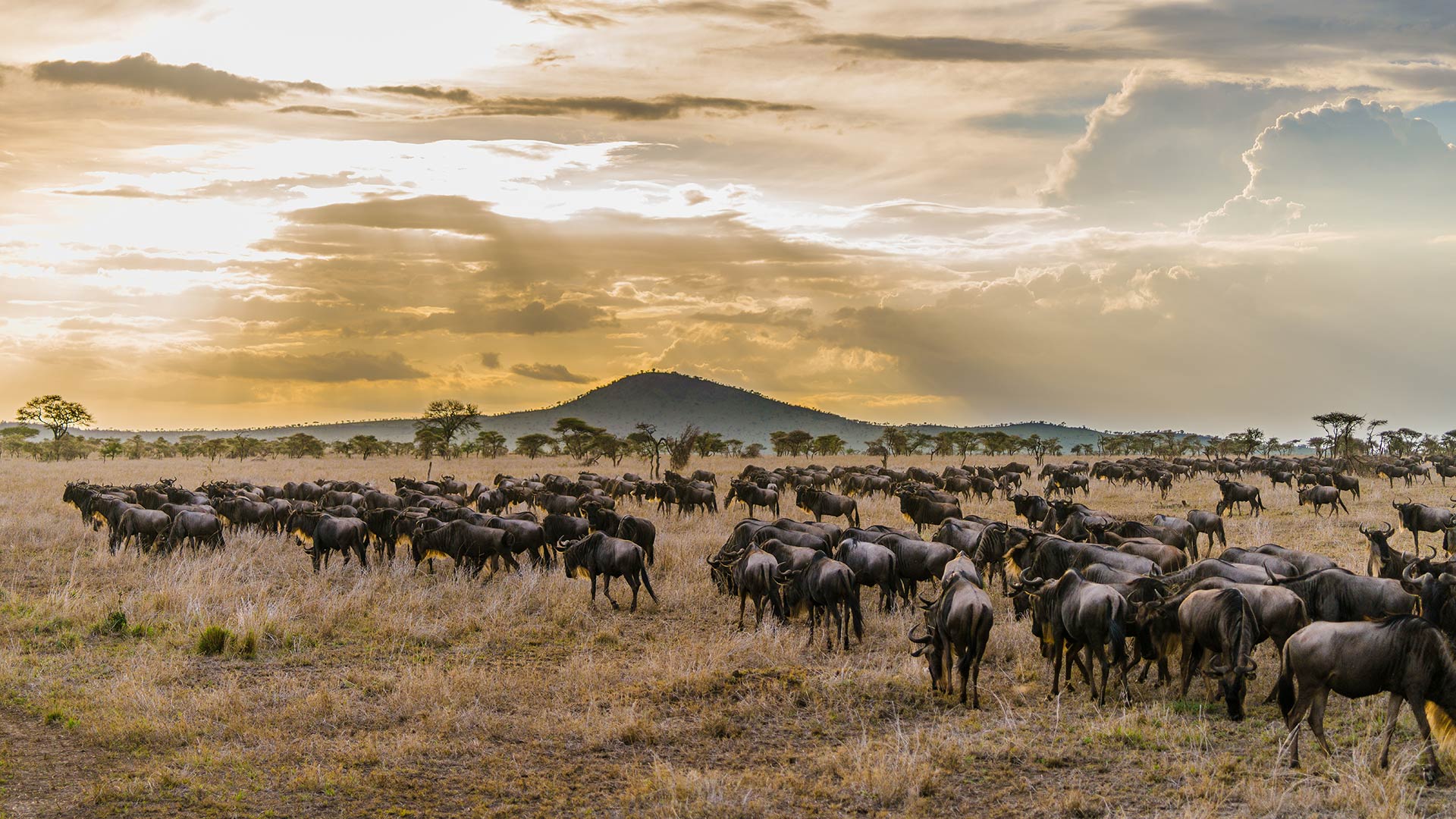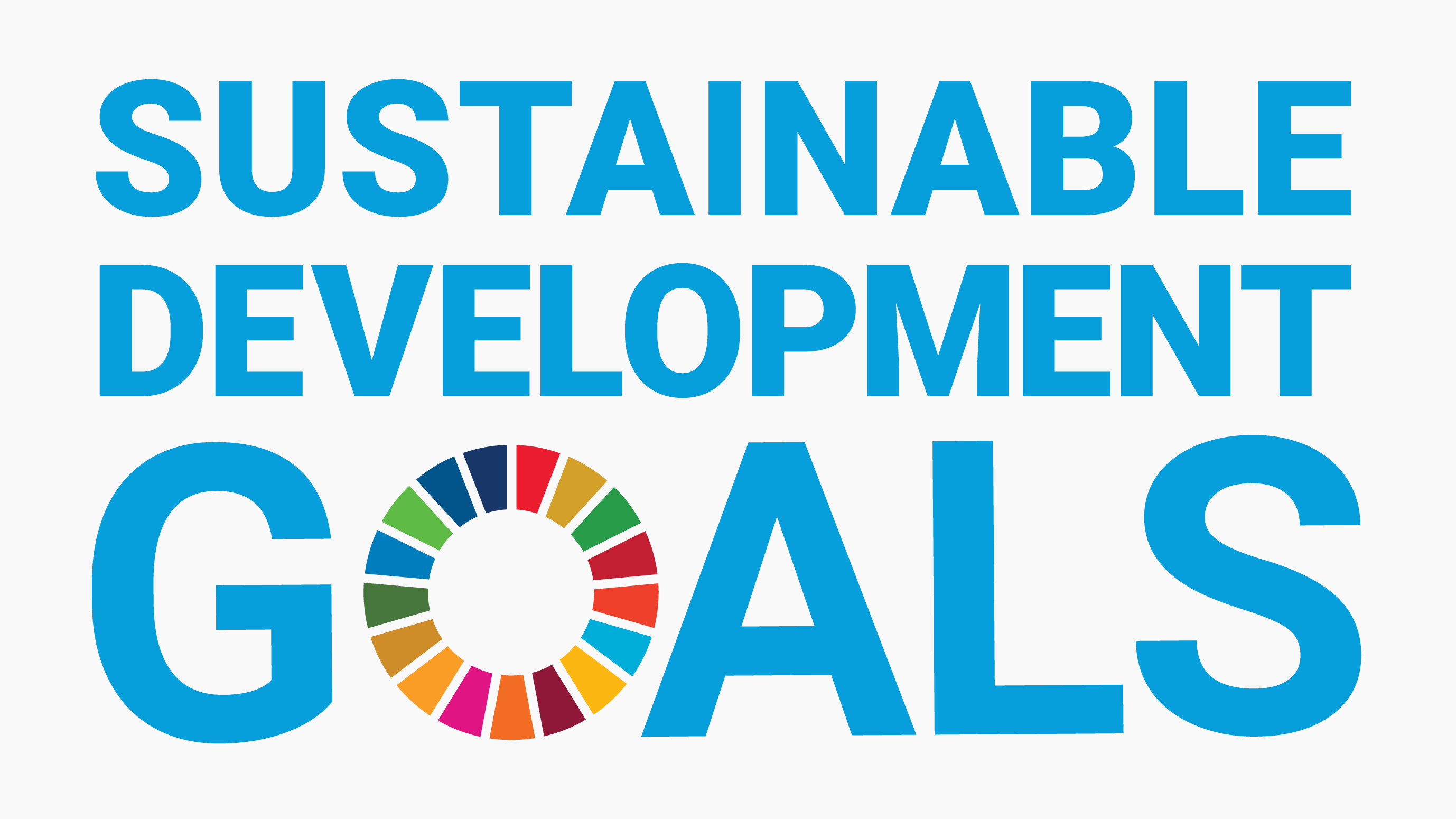Risk factors and conservation measures of biodiversity from the perspective of wildlife

The COVID-19 outbreak in 2019 highlights the need to address threats to ecosystems and wildlife, and it was an alarm that nature has given us since the SARS outbreak in 2003. Wild animals are an important part of the natural ecosystem. Protect wild animals and avoiding eating them is not only to protect biodiversity but also to protect ourselves.
Biodiversity is the result of billions of years of life evolution on earth, the core component of the biosphere, and the material basis for human survival. However, with the rapid growth of population and the intensification of human activities, biodiversity has been seriously threatened, which has become one of the current worldwide environmental problems and received widespread attention from the international community.
The United Nations Environment Programme points out that the global rise in zoonoses is a cause for concern. According to the UNEP, 75 percent of all emerging infectious diseases in humans are zoonoses and these diseases are closely linked to the health of ecosystems. The Wildlife Crime Report 2020, released by the United Nations Office on Drugs and Crime (UNODC), also notes that the number of pangolin scales captured as suspected intermediate hosts of the COVID-19 has increased tenfold in five years.
To prevent, contain and reverse global ecosystem degradation, the United Nations launched the Decade for Ecosystem Restoration (2021-2030) initiative. This coordinated global response to habitat loss and degradation will focus on building political will and capacity to restore humanity's relationship with nature. It is also a direct response to the scientific call contained in the Special Report on Climate Change and Land published by IPCC (Intergovernmental Panel on Climate Change), and directly echoes the decisions taken by all UN Member States in the Rio three Conventions on climate change and biodiversity and in The United Nations Convention to Combat Desertification.
The world is dealing with and recovering from the current pandemic. We will continue to focus on wildlife conservation and work with the whole world. We need to protect nature so that nature can protect human beings back.
About Us
Institute of International Exchange is an international non-governmental and non-profit organization. We hope to build an equal and friendly platform for exchanges and cooperation around the world.
© 2023 Institute of International Exchange




